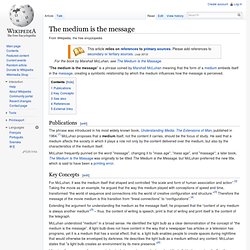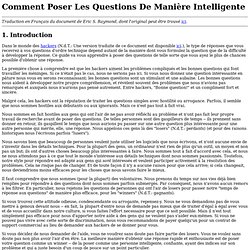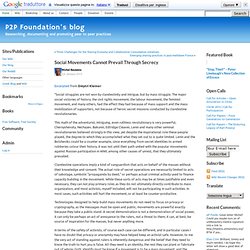

Language. The medium is the message. Publications[edit] The phrase was introduced in his most widely known book, Understanding Media: The Extensions of Man, published in 1964.[1] McLuhan proposes that a medium itself, not the content it carries, should be the focus of study.

He said that a medium affects the society in which it plays a role not only by the content delivered over the medium, but also by the characteristics of the medium itself. McLuhan frequently punned on the word "message", changing it to "mass age", "mess age", and "massage"; a later book, The Medium Is the Massage was originally to be titled The Medium is the Message, but McLuhan preferred the new title, which is said to have been a printing error. Key Concepts[edit] Extending the argument for understanding the medium as the message itself, he proposed that the “content of any medium is always another medium”[5] – thus, the content of writing is speech, print is that of writing and print itself is the content of the telegraph. See also[edit] References[edit]
Icons - logos - Pictos... Info & com Scs. Pitch Builder. Presentation Magazine - Help advice and 654 free PowerPoint templates. Comment Poser Les Questions De Manière Intelligente. Traduction en Français du document de Eric S.

Raymond, dont l'original peut être trouvé ici. 1. Introduction Dans le monde des hackers (N.d.T.: Une version traduite de ce document est disponible ici.), le type de réponses que vous recevrez à vos questions d'ordre technique depend autant de la manière dont vous formulez la question que de la difficulté à développer la réponse. Ce guide va vous apprendre à poser des questions de telle sorte que vous ayez le plus de chances possible d'obtenir une réponse.
La première chose à comprendre est que les hackers aiment les problèmes compliqués et les bonnes questions qui font travailler les méninges. Malgré cela, les hackers ont la réputation de traiter les questions simples avec hostilité ou arrogance. Nous sommes en fait hostiles aux gens qui ont l'air de ne pas avoir réfléchi au problème et n'ont pas fait leur propre travail de recherche avant de poser des questions. Il faut comprendre que nous sommes (pour la plupart) des volontaires. 2. 3. Discussions styles analisys. The Rise of the Conversation Society: information, Social Movements Cannot Prevail Through Secrecy. Excerpted from Dmytri Kleiner: “Social struggles are not won by clandestinity and intrigue, but by mass struggle.

The major social victories of history, the civil rights movement, the labour movement, the feminist movement, and many others, had the effect they had because of mass support and the mass mobilization of supporters, not because of heroic secret missions conducted by clandestine revolutionaries. This myth of the adventurist, intriguing, even ruthless revolutionary is very powerful, Chernyshevsky, Nechayev, Bakunin, Edlridge Cleaver, Lenin and many other seminal revolutionaries believed strongly in this view, yet despite the inspirational role these people played, the degree to which they accomplished what they set out to is quite limited. Clandestine operations imply a kind of vanguardism that acts on behalf of the masses without their knowledge and consent. Communication Arts. The One Conversational Tool That Will Make You Better At Absolutely Everything.
Ask yourself: If you could interview like Walter Cronkite, would you get more value from your meetings? Would your mentors become more valuable? Would your chance encounters with executives in elevators and thought leaders in conferences yield action items and relationships? The answer is yes. “As someone who had little to no experience in business--outside of running my own one-man freelancing operation--all that's really saved me (so far) from madness are the skills I used as a journalist,” says Evan Ratliff, who wrote for magazines like The New Yorker before founding his startup, The Atavist.
One of those skills, he says, is “being able to formulate questions that deliver useful answers, whether from advisors or clients or whomever.” Good questions can move your business, organization, or career forward. The problem is, most of us ask terrible questions. But we don’t have to. The following advice can make you a much better interrogator, not to mention conversationalist: The Bureau of Communication - Fill-in-the-blank Correspondence.